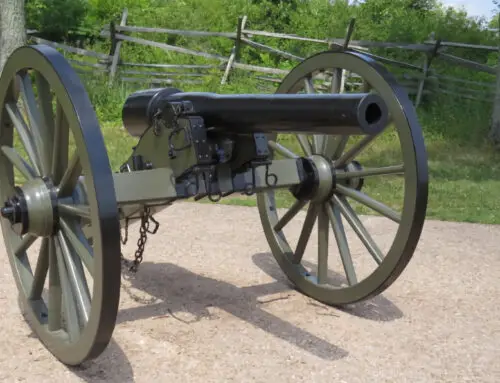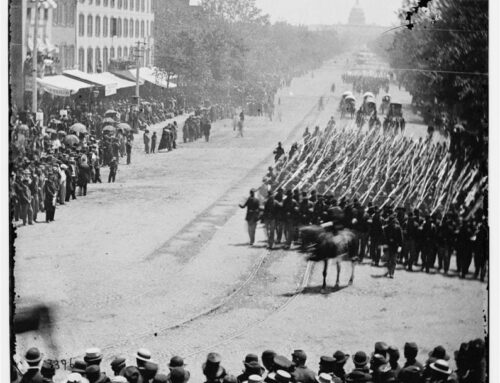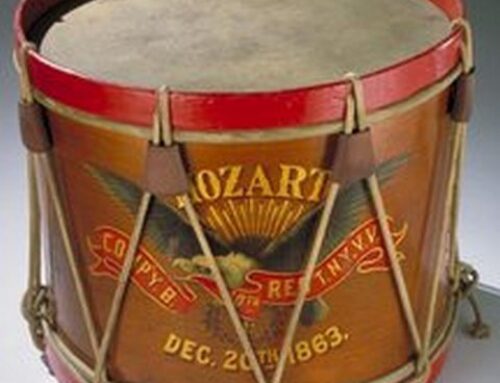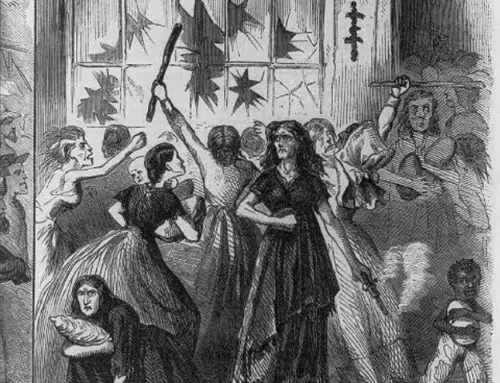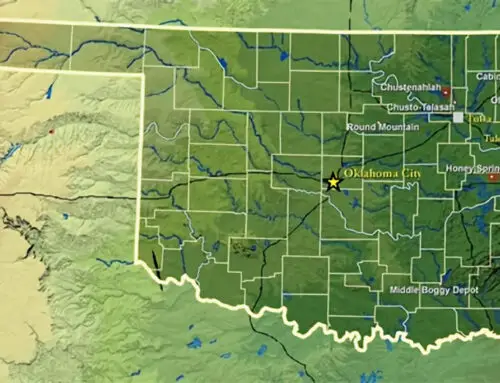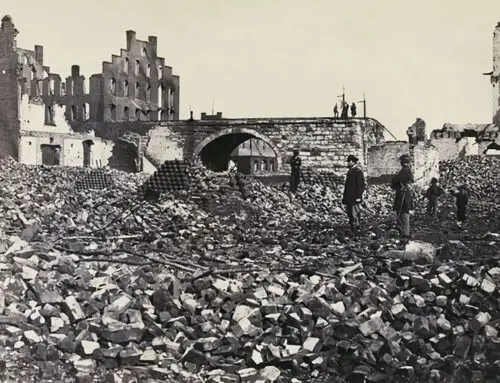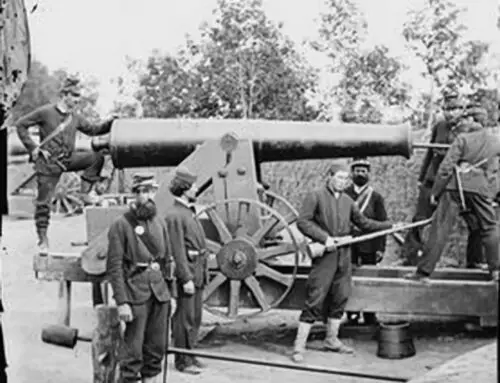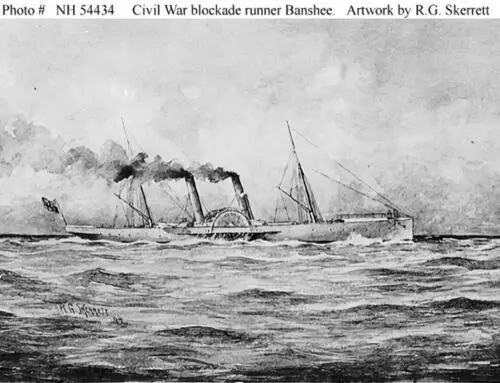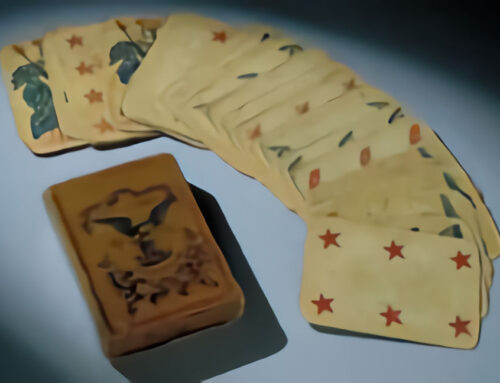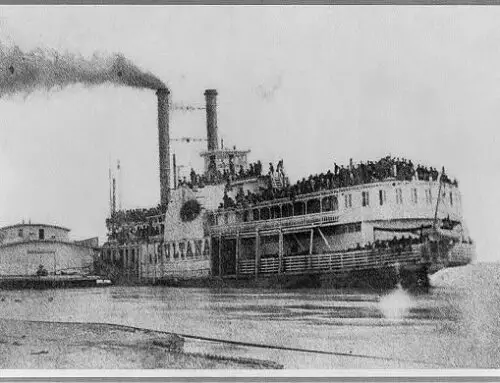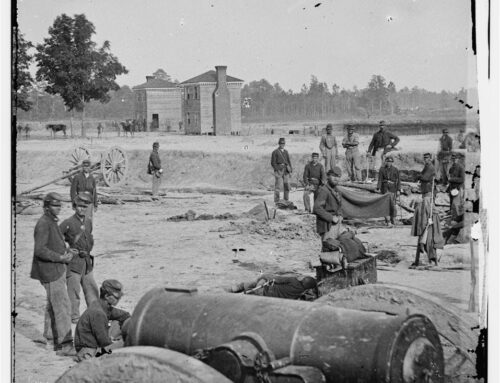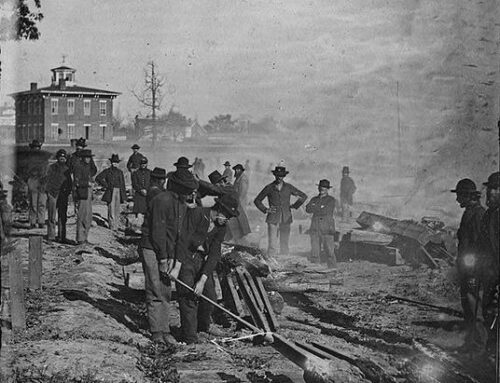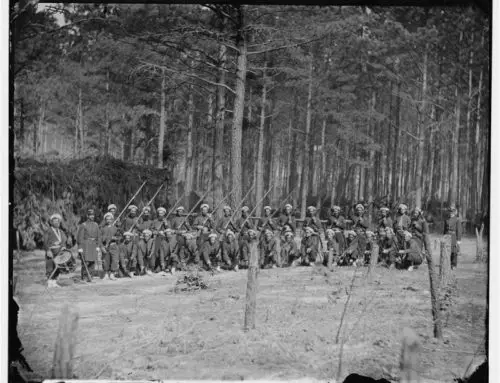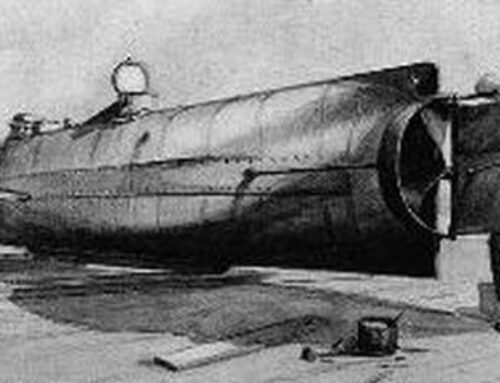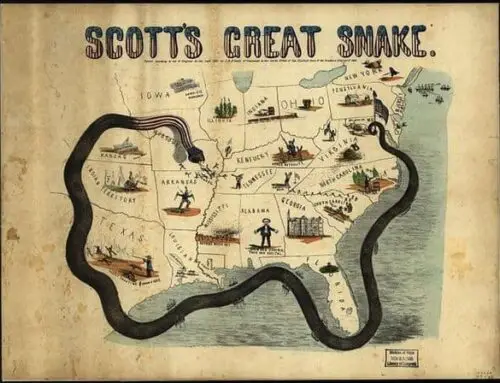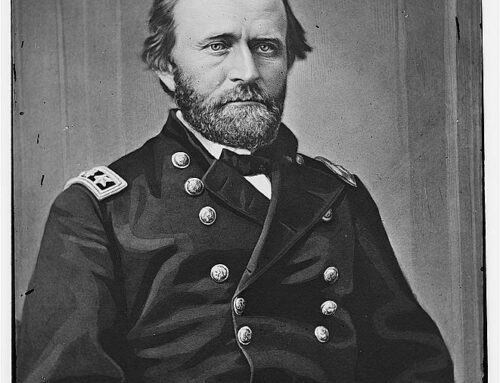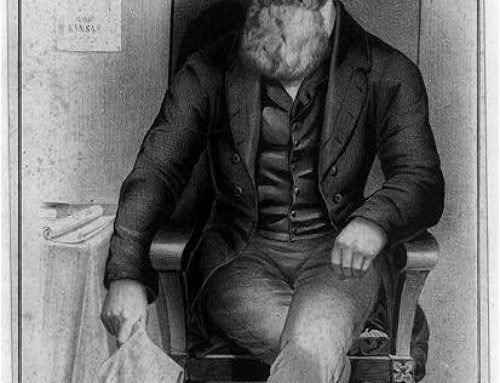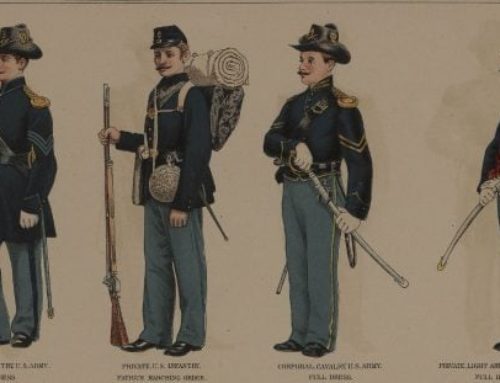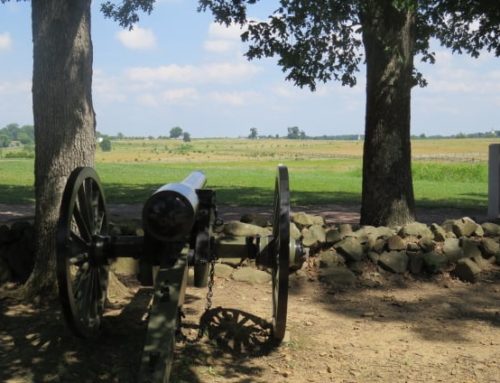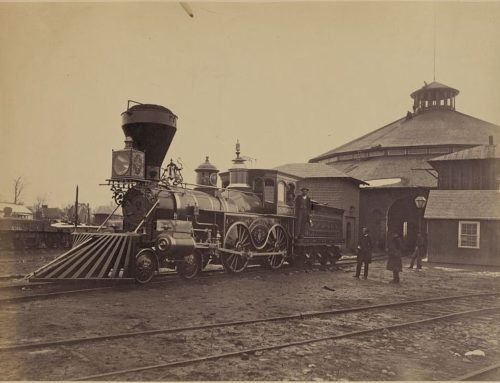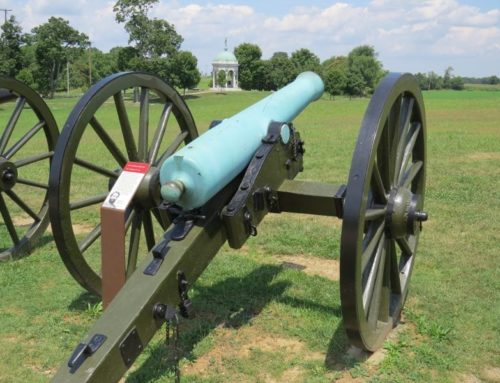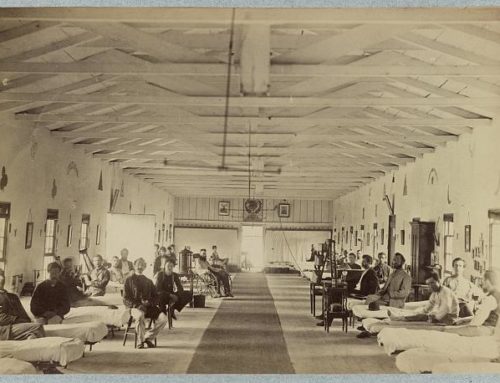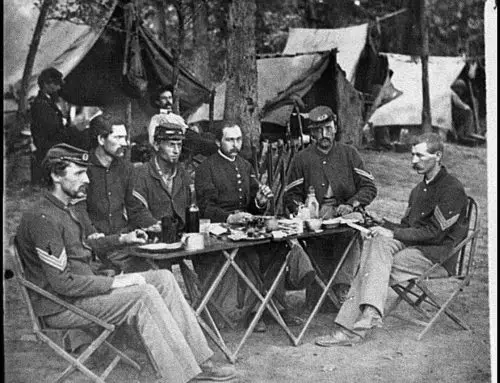(1816-1894)
Nathaniel Banks is one of 14 recipients of the time-honored commendation referred to as “The Thanks of Congress”. Of those 14 gentlemen the name Nathaniel Prentiss Banks seems out of place. Jumping from political party to political party (five different affiliations) it would stand to reason that the leopard could change his spots?
Such platform switching smacked of disloyalty and gold digging for the rest of the Union commanders who dubbed Banks the laughable moniker of “Bobbin-Boy”. This shot at Banks was of course in reference to his early boy hood days working in the cotton-mills of Massachusetts.
Born in 1816, in Massachusetts, the education of Banks was through his home and his family. No previous educational pursuits from West Point or The Military Academies of the North attended, Banks was left to his own devices in that art form. On the merit of what he did with what he had to work with, Banks could be seen as a brilliant success.
While the other Union leaders were spoon-fed titles and almost born into the hallowed halls of West Point, Nathaniel Banks worked his way into the military and political arena through a determined spirit of no-failure allowed. This is how it had to be for the young Banks, as he would not allow failure to creep into his life, not then not even before the war. The Civil War would bring failure to Bank’s world, in huge amounts.
With no prior military experience or training, General Banks was given the reigns of departmental leader in the Washington area. This was an important first assignment as it lent an education to the maneuvering capabilities of the leader from Massachusetts. The first real test of General Banks was at the Battle of Shenandoah Valley against the great Stonewall Jackson.
He lost, pathetically and was outclassed outmatched and under manned against one of the best and brightest military leaders of the war. Jackson was too much for many of the Union commanders especially an untrained one such as Banks.
Still feeling the after effects of such a crushing first defeat, General Banks was transferred to Cedar Mountain to give General Jackson another try, failure was now a constant friend of Banks as he was again soundly defeated by Stonewall. An opportunity presented itself as those often due, and the general was sent to a safer environment, New Orleans.
The prior occupied mayor of the city, Benjamin Butler, had done such a horrendous leadership job that he was ordered, almost threatened, to be replaced.
The replacement was not much better in the defeated Banks but it was seen as a positive move by Lincoln. A minor battle at Port Hudson was diluted through the surrender of Vicksburg by the Southerners. The battle meant little since Vicksburg was the major city to the north of Port Hudson so whoever controlled Vicksburg controlled the port.
The assault of the port took over three weeks and was repulsed every time by the fierce and dug in Confederates who by then had no fear of General Banks. The emasculated Banks could no longer be an effective threat against the Rebel army and was later dismissed.
August 24th, 1865, the leadership of one of the least respected and failure prone generals from the Civil War had come to an end, blissfully. Where does a defeated and humiliated ex-general go to when he has been kicked off the team? Politics. Congress was the next stop for banks and he actually was more at home in the political arena than the field of battle.
Retiring from office a decade later, General Nathaniel Banks died in 1894. He was a military failure yet a politically astute man.


